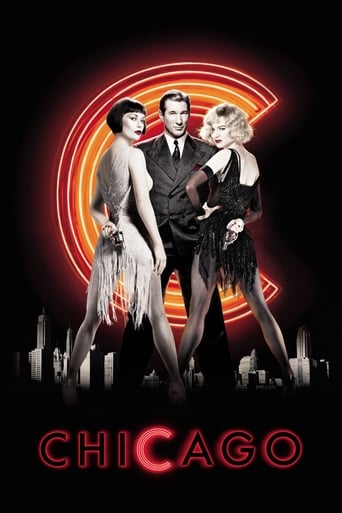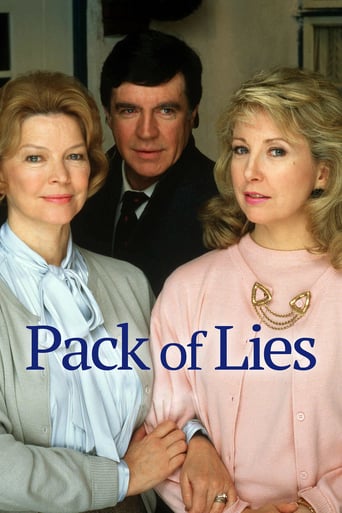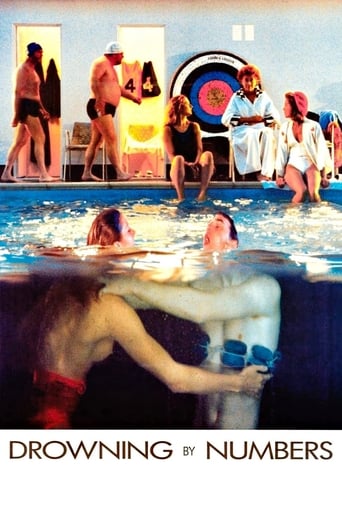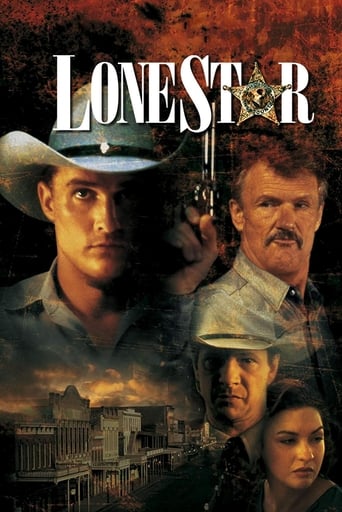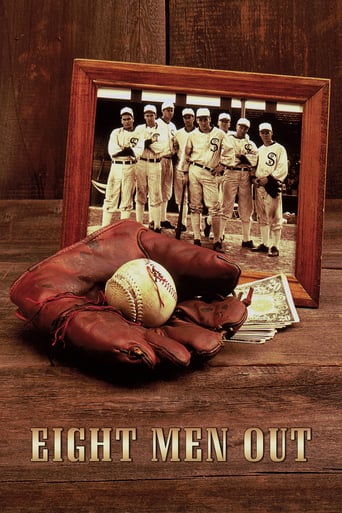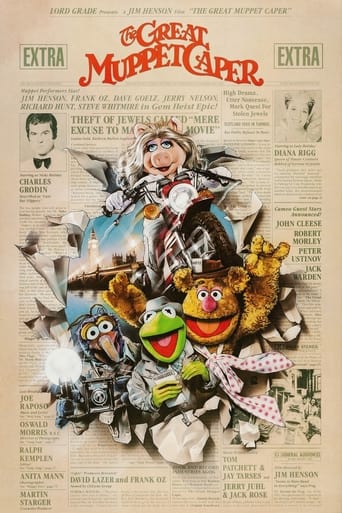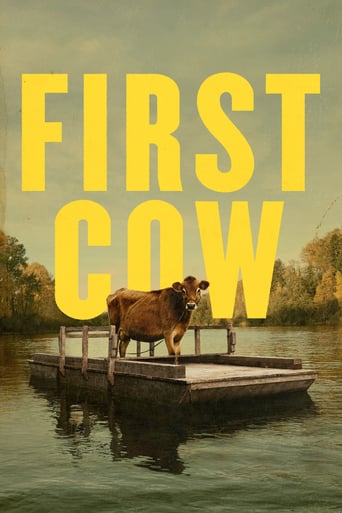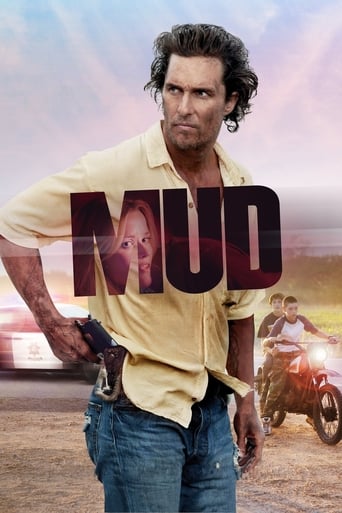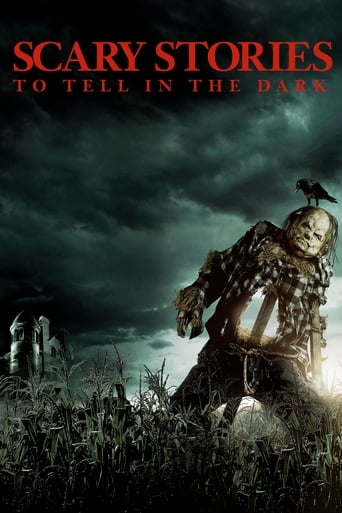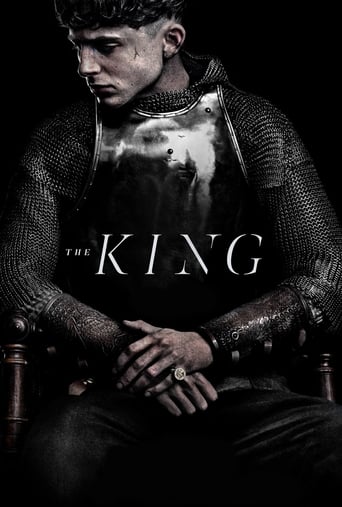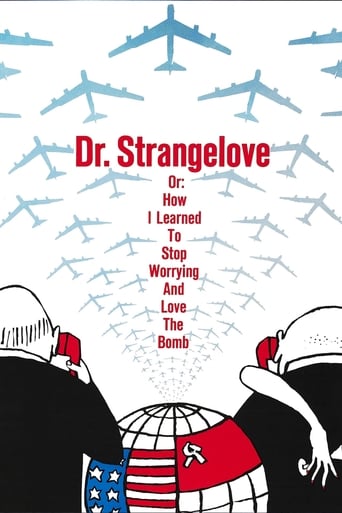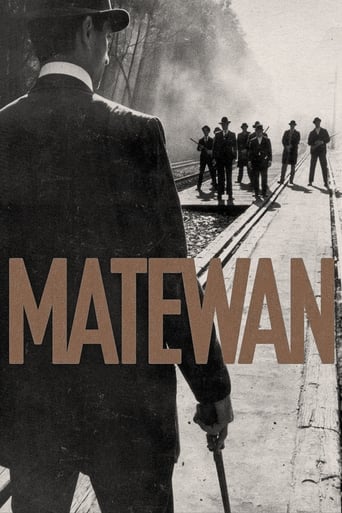


Matewan
Filmed in the coal country of West Virginia, "Matewan" celebrates labor organizing in the context of a 1920s work stoppage. Union organizer, Joe Kenehan, a scab named "Few Clothes" Johnson and a sympathetic mayor and police chief heroically fight the power represented by a coal company and Matewan's vested interests so that justice and workers' rights need not take a back seat to squalid working conditions, exploitation and the bottom line.
-
- Cast:
- Chris Cooper , James Earl Jones , Mary McDonnell , Will Oldham , David Strathairn , Ken Jenkins , Kevin Tighe


Similar titles
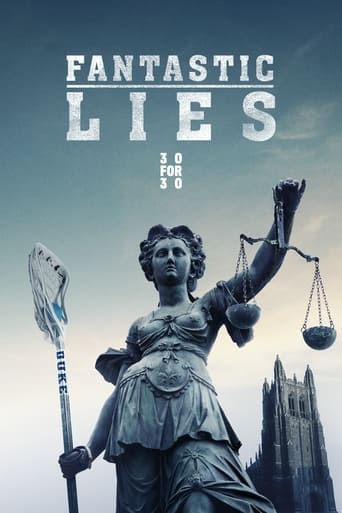
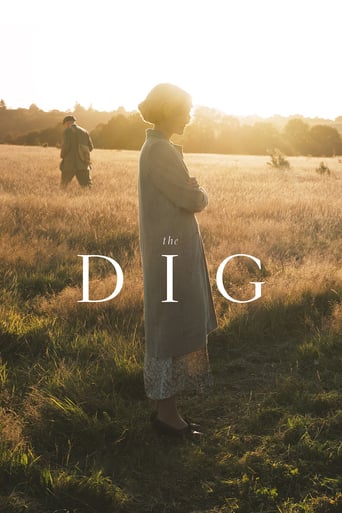
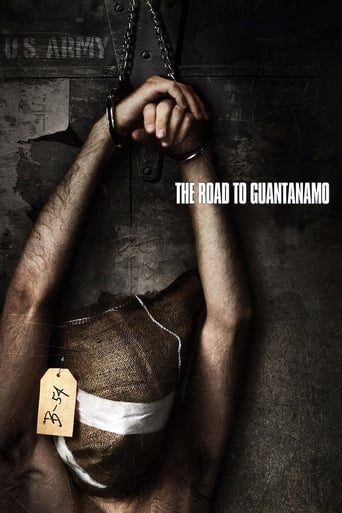
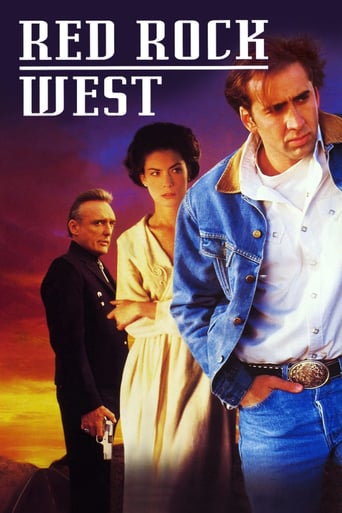
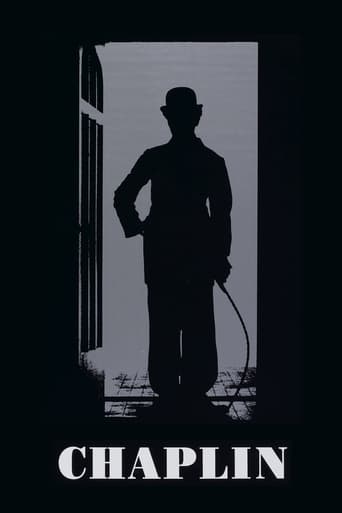
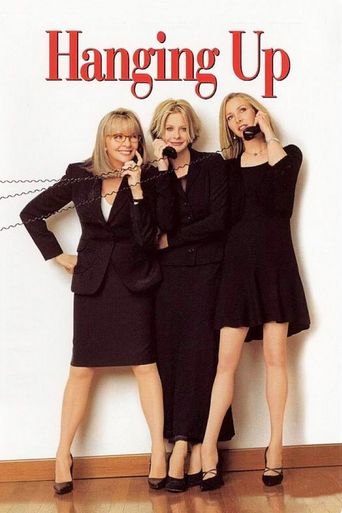
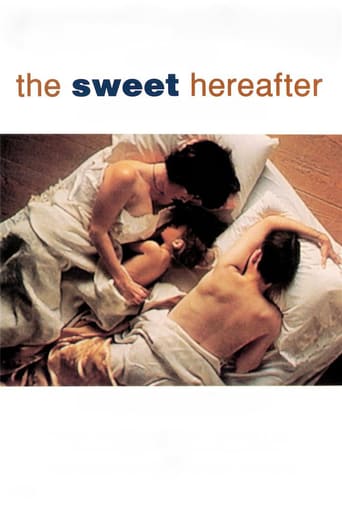
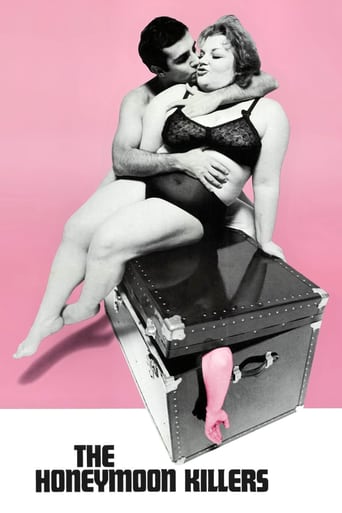
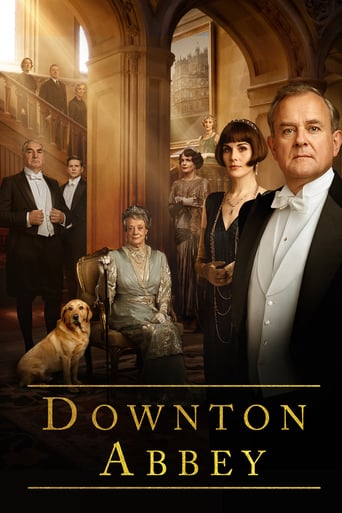
Reviews
People are voting emotionally.
Did you people see the same film I saw?
Good films always raise compelling questions, whether the format is fiction or documentary fact.
The film never slows down or bores, plunging from one harrowing sequence to the next.
A labor union organizer (Chris Cooper) comes to an embattled mining community brutally and violently dominated and harassed by the mining company.The problem with a union movie is that today (2016) the union movement is more controversial than ever. But making it a historical film sort of softens that blow. If anyone needed a union, it was the coal miners of West Virginia who were literally dying on the job. And the film ever mentions the use of company scrip, which is a nice touch because it seems to have been a major problem in its day.Chris Cooper deserves recognition for this film. I feel like he is an actor who has always been under the radar, maybe just being a face people know but a name that never seems to be talked about. Fans of Cooper really ought to start here.
This is "based on a true story" of the shoot out in the coal-mining town of Matewan, West Virginia, in 1920. The townsfolk are more or less in thrall to the Stone Mountain Coal Company. The company pays its workers in company-issued scrip, not cash, which can be redeemed only at company facilities like the store and the workers' housing. The workers themselves, laboring under dismal and dangerous conditions, must pay for everything a la carte, including their work tools.The miners don't care for the arrangement, nor for the "scab" laborers -- blacks and Italian immigrants -- that the company brings in.Enter the union man Chris Cooper, a Christ-like figure preaching brotherhood and non-violence. He has his hands full getting the townsfolk to work together with the alien black and the Guappos who use corn meal to make something called polenta instead of good old-fashioned corn bread. It gets especially difficult when the Stone Mountain Coal Company hires a couple of mean goons -- Kevin Tighe and Gordon Clappe -- to evict troublesome families from company housing, forcing most of them to live in tents. Sheriff David Strathairn is on the side of the workers and forbids any confrontations in the town.I don't want to get into the plot in too much detail. It's a bit complicated and it leads to a more or less accurately depicted, but nevertheless familiar, shoot out between a dozen or more company thugs and the men and women of the town, with casualties on both sides.It's practically an object lesson in Marxist theory. The people of Appalachia aren't like Southerners. They were yeomen farmers. No big cotton plantations. They didn't object to strong liquor. And when they drink, it's not even bourbon. When the despicable traitor to the cause pours himself a drink, it's a clear liquor. And it's not vodka or gin, it's shine. And the mountain folk weren't wedded to slavery either. That's why we have a "West Virginia" as well as a "Virginia." During the Civil War the governors of one or two Southern states had to send troops into the mountains to quell rebellions against the Confederacy. The "hillbillies" didn't necessarily want to remain in the Union. They wanted to be left alone.Their allegiance seldom extended beyond the local community or "Holler", sometimes not farther than the extended family. As a union organizer, this makes Chris Cooper's job of implementing Marxism that much more difficult. The general idea is to persuade people that their misery isn't their own fault, not due to bad luck or laziness, but to their limited conception of power. Power lies not in loyalty to one's family or small community or ethnic group or race. Marx called that "false consciousness." To liberate themselves, exploited laborers must make the transition to "class consciousness" by realizing that "we're all in this together" and have to exercise collective power.The movie dramatizes this conflict pretty well. It's a bit slow at the beginning but the tension grows quickly after we get to know the principles and their situations.Haskel Wexler's photography adds to the appeal, and the production design is splendid. Note the widow hanging up her laundry. The wooden clothes pins are old, worn, and dark. And she's hanging up a patchwork quilt, a signature artifact in the Mountain South. Even the dialect is fairly accurate. The narrator uses the regional "hit" for "it" -- as in "Hit was in 1920 that the massacre happened." You won't hear that extra "h" in Charleston.The movie uses an assortment of symbols too. In the opening scene, we watch two disgruntled miners tamp a stick of dynamite into the wall of a coal mine and wait at a distance as the fuse burns down. (Get it?) The villagers near the beginning are seen playing a slow, not particularly catchy folk tune on guitar and fiddle. Later, one of the imported black men, James Earl Jones, joins in with a bluesy harmonica. By the end an Italian is playing along with them on a mandolin. (They're all playing the same tune now.) And the approaching train bringing the army of company goons emits great billows of ominous black smoke. (Well, I don't have to draw anybody a picture.) Chris Cooper has a sensitive face and thoughtful demeanor. He's the kind of actor who can -- and has -- gone either way, towards goodness or evil. A marvelous performance from Kevin Tighe as the smiling, confident, slimy villain. The guy has a great big, unashamedly Irish face. He's one of those suave heavies, charming when he's not committing murder. If he were a British heavy he might be James Mason. The poorest -- or let's say least convincing performance -- is from Will Oldham as Danny, the boyish nascent preacher. One winces when listening to him. He doesn't have the accent down, and neither do most of the others. Highland speech is really distinct, still. "Bread" becomes "braid", and a "tomato" is a "mater." James Earl Jones always radiates good will and is both comfortable and comforting. We don't get to see much of the Italians.It's propaganda, of course. Sayles' loyalty is never in question. But it' well-done propaganda and possibly a necessary memento of how bad things can get when Mining Companies are left to their own devices, able to make their own rules about the workers' safety and welfare. Not that the "other side" is endorsed without reservation. At one point, some miners are saved by the intrusion of a strange group of armed and ragged hunters called "Foothill People." They don't hold with cars. They call them "machines" and curse them. And they say things like, "The only law 'round here is the law of nature." I hope the writers didn't intend that as an admirable take on the character of justice.
You might say we have it pretty good today, we don't have to pick up a rifle to form a union. This movie is based on the Battle of Matewan that took place in Matewan, West Virginia in 1920.The conditions these workers faced were brutal. Miners had to pay for all their own equipment, their housing was owned by the mining company and they also paid for it, workers were also paid in credits which they could only use at the mining company store. Workers who went strike were subsequently evicted from their homes.This movie is great. It's a page from history which should be told much more often. James Earl Jones is terrific as a black miner who is signed up as a scab but he's actually a union sympathizer who encourages the black scabs to strike with the West Virginia workers.Chris Cooper is also great as a union organizer. I think he's a highly underrated actor. He was very good in American Beauty as the hick next door neighbor and he's great in Matewan as well. Proof, I believe that he can really take on any role.Bob Gunton is also a great actor. This movie was made long before he was playing every two bit villain of the week. I think that was due to his role as the warden in The Shawshank Redemption where he just let it all out.I liked one scene in particular early in the film where the union men on strike try to weed out Cooper by finding out how much he knows about union history. Where was Joe Hill buried? In which eye was Big Bill Haywood blind in? Cooper also quips, "I was a Wobbly, back when that meant something" But he does support the notion of One Big Union. The IWW will rise again!
The movie matewan showed what capitalist oppression is all about. All the company goons and rentapigs were brutal to the miners and their family's.They should be burning in hell for what they did. The company's only think about making obscene profits from oppressed workers. The miners had to pay for supplies that the mine owners should have supplest. The miners were paid by how much coal was mined. They were paid in company scrip that was only good at the company store for overpriced goods. They got in debt to the coal company's for so much that they were afraid to leave to go work for anyplace else. Thank God for the UMWA who have improved the life of the coal miners. Karl Marx and Vladamir Lenin was right most company's are evil.

